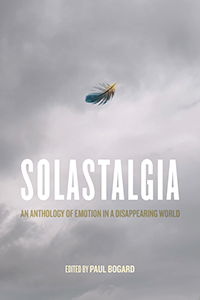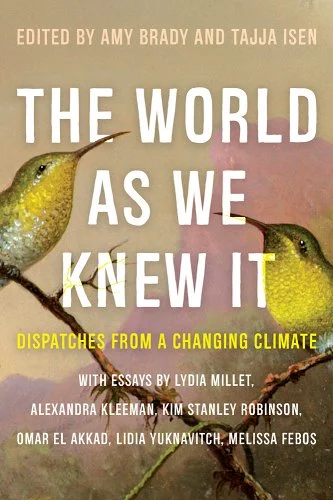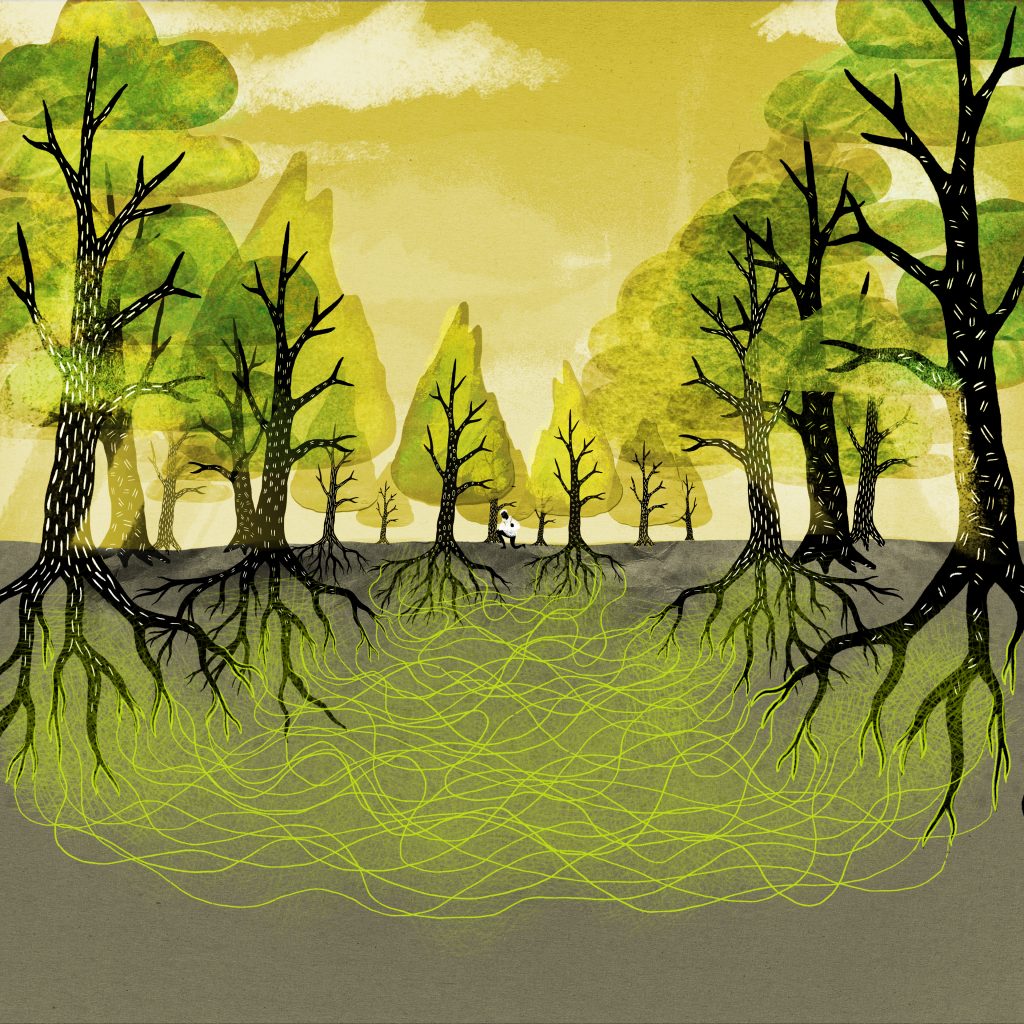 34 writers. One planet in flux. How are we processing the changes underfoot and overhead? Join me and other educators, journalists, poets, and scientists as we try to put words to the experience of what Australian philosopher Glenn Albrecht coined “solastalgia”… “the homesickness we feel while still at home.” Edited by Paul Bogard, author of The End of Night and many other books.
34 writers. One planet in flux. How are we processing the changes underfoot and overhead? Join me and other educators, journalists, poets, and scientists as we try to put words to the experience of what Australian philosopher Glenn Albrecht coined “solastalgia”… “the homesickness we feel while still at home.” Edited by Paul Bogard, author of The End of Night and many other books.
Perfectly fitting to release it today. A valentine for the planet. <3







